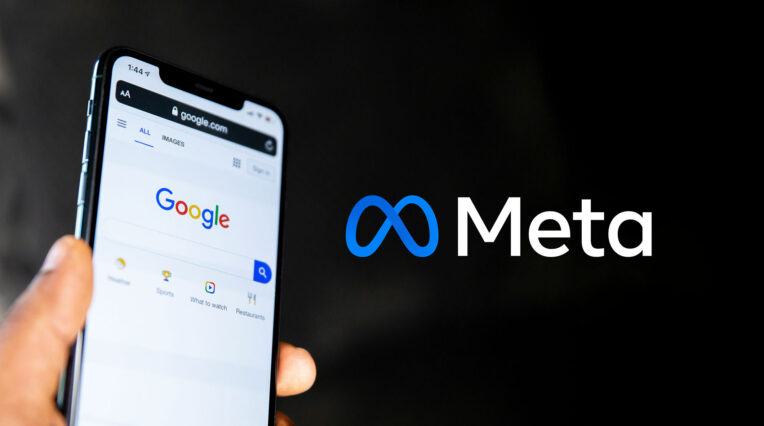News | 22/09/2023
A few take-aways from BrightonSEO

Last week saw thousands of search marketers descend on Brighton for BrightonSEO.
I was lucky enough to get a ticket for Thursday, so went along to absorb the latest updates and tips from other industry specialists.
Here are some of my key take-aways (after the free ice-cream and beer).
Keyword research
Keyword analysis remains important for SEO. Understanding the keywords, topics, questions and intent behind certain keywords can help you create unique, quality content. With that in mind, where should you focus your efforts?
- Don’t just look at your top “searched for” keywords, look at opportunities that your competitors aren’t. Terms with lower search volumes or longer-tail keywords will provide smaller incremental gains
- If you are performing well for a keyword move on and focus on other areas. Don’t focus all of your time and energy on one vanity term as that might not achieve the best results.
- Think about intent and optimise for semantic search. Focusing on topics, questions and conversational queries will likely be a better match for your audience.
- Don’t just use Google’s keyword planner! Carry out keyword research on the platforms your target audience are using. For example, if your audience is on Instagram, X, YouTube etc., use these tools to perform research.
Resolving cannibalisation
Cannibalisation occurs when separate pages or pieces of content are optimised for the same terms which can result in confusion for the search engines and low rankings for your site. Competition between pages can frequently occur in Ecommerce sites where categories and product pages compete for the product name, for example. So, what should you do?
- Category pages (PLPs) should be optimised for your ‘head’ terms, and you must ensure that you have enough content on your category pages.
- Don’t target the same keywords on your product pages (PDPs). This can lead to cannibalisation and lower, confused rankings.
- Make sure your product page descriptions (PDPs) are unique.
- Noticing consistently low performing pages and resolving cannibalisation can lead to higher rankings and more traffic.
Structured data and rich snippets
RIP the FAQ and the How-to.
- FAQ snippets are pretty much gone on Google now and may only be shown for authoritative government and health websites going forward.
- ‘How-to’ rich snippets have also now been retired.
- Structured data will come and go, so you should try implementing new markup to gain an advantage.
- Implement technical trends before they become part of a future Google update. For example, log into Search Console and review your Core Web Vitals INP suggestions now. This will replace FID in March 24, so you can get ahead of the curve by early implementation.
- Google is constantly testing and tweaking rich snippets so what works today may not work tomorrow. Google is trying to find the right balance in showing rich snippets for them to be useful for website owners, but not at the expense of user experience.
Content and AI
Obviously this was a big topic, but with more content comes more competition in the search results. What should you focus on and what is Google’s advice?
- Don’t be tempted to just write more and more content.
- Focus on writing content that sets you apart from the competition. What can you uniquely write about. What are your competitors not doing?
- Be objective about your content quality. Be critical and review, delete or fix your content before creating more.
- AI can be used to support content writing, but you must ensure your content is unique and shows Experience, Expertise, Authority and Trust (E-E-A-T). For content to work well in Google, it still needs a human eye to ensure it is good quality and adds value.
Technical optimisation
SEO has become much harder over the years and with the rise of AI the amount of content that the search engines need to process is scary. Poor Google. How can we help?
- Technical optimisation remains crucial.
- Optimising your site to make it easier for the search engines to crawl, index and rank will become increasingly important.
- Be sure to remove duplicate content, reduce unnecessary URLs, optimise XML sitemaps, clean up internal links etc., to help lower your site’s ‘cost of retrieval’.
- Think about how you can save the search engine’s time processing, indexing and ranking content and you will be rewarded.
So, in an age where digital presence is more significant than ever, SEO is no longer a luxury, but a necessity. As the search engines continuously update their algorithms, SEO tactics must evolve and continuous efforts and refinements are key. Remember that SEO is not just about understanding search engines, it’s about understanding your target audience, their needs and creating a unique, valuable experience for them.





